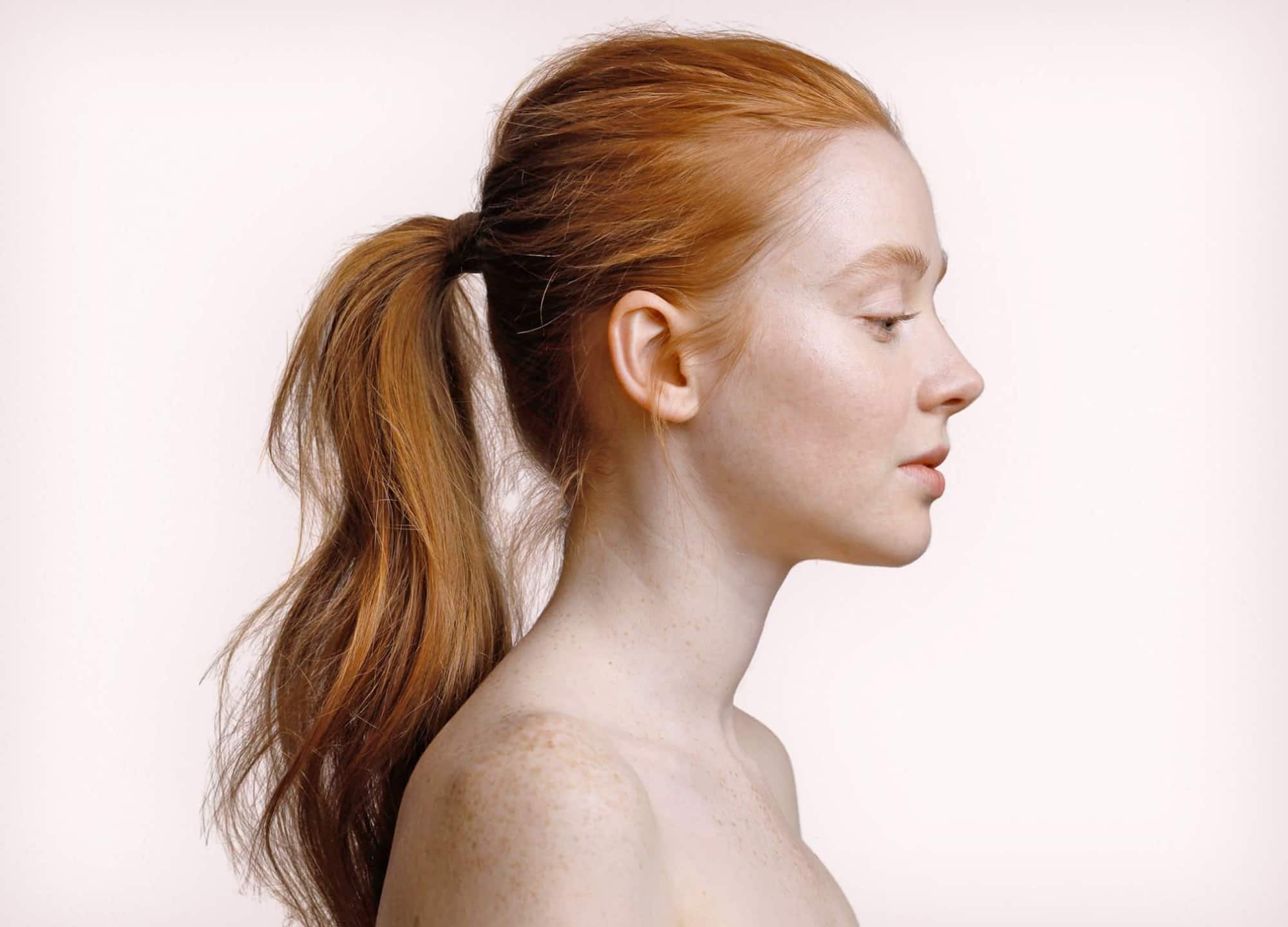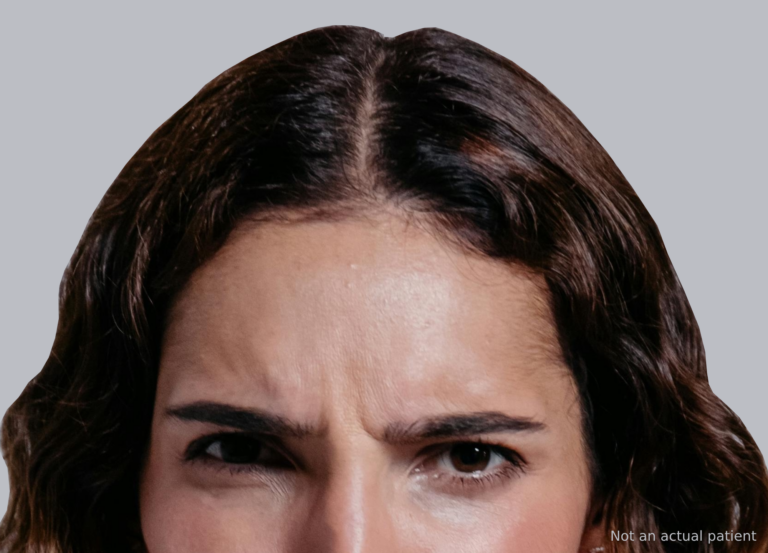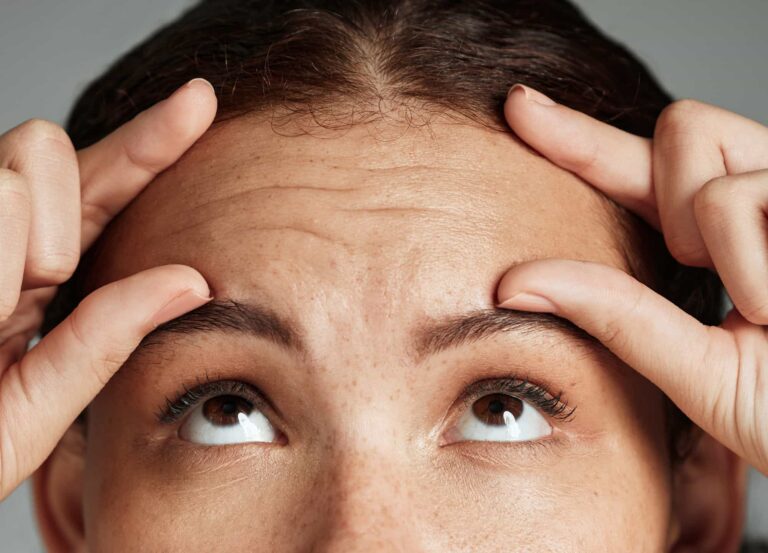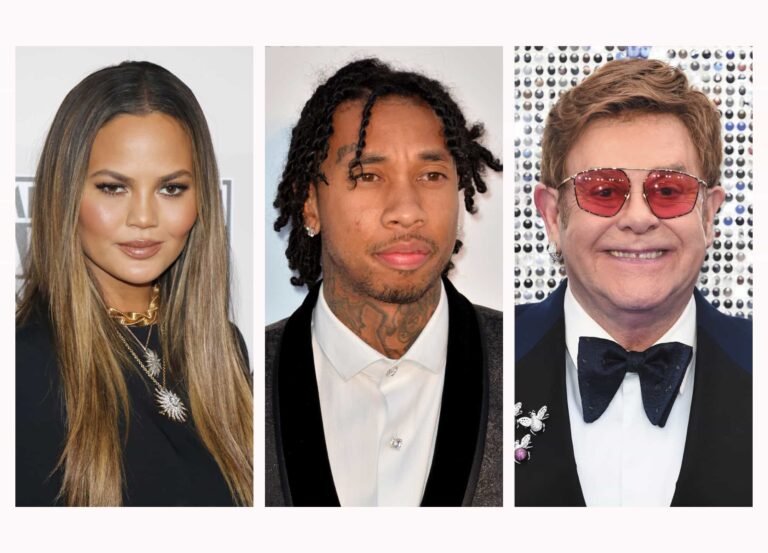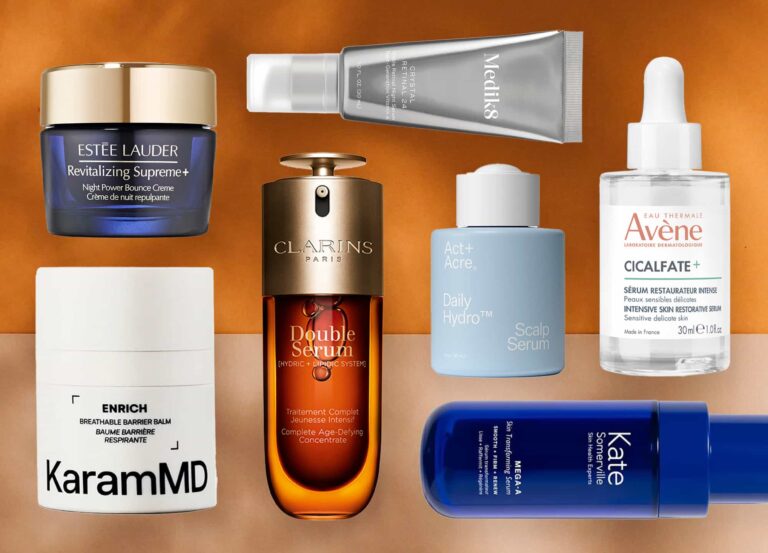Our annual Most Worth It list recognizes the most-loved aesthetic procedures—from noninvasive tweaks to the gold standard in surgery—as chosen by RealSelf community members like you. This story highlights one or more of the 44 Most Worth It honorees for 2022; you can see the full list and learn more about patients’ favorite procedures here.
The smoothness of your surgical recovery process can depend on a number of factors—including your underlying medical issues, pain tolerance, mental health, and overall preparedness. For every review that describes a nightmarish healing period after a plastic surgery procedure, there’s another saying it was no big deal—so it’s important to take away helpful advice from others who have gone through the process, while realizing that your experience and length of recovery time may be completely different.
Rhinoplasty recovery, in particular, tends to bring out strong opinions. From the severity of bruising to the discomfort of mouth-breathing packing removal, we asked three women what their nose job recovery was like and what they wish they knew before.
“It’s worse than having a baby.”
Sara, 37
Where: Woodland Park, New Jersey
When: March 2020
“I had an injury to my nose when I was a child. The cartilage on the tip wasn’t smooth, you could see bumps, and the bridge wasn’t straight. It didn’t bother me when I was younger—it was only three or four years ago when I started to really notice my nose more and want it to look better. When I was young and working and going to school, I was busy—I wasn’t looking at my face every day in the mirror and thinking about it. I also didn’t want to spend the money. But I got to a point within the past year where I felt more aware of my body and just wanted to look good and get it done.
“I consulted with plastic surgeons in New York but chose one in New Jersey because the location was more convenient. He also had good before and after photos and reviews that said he emphasized a natural look, which was what I wanted. I wasn’t looking for perfection. I just wanted the bridge straightened and the tip smoothed. You have to set up realistic expectations—the goal isn’t to look like Barbie.
“I have to say this: the recovery period was brutal. When doctors walk you through the process, they don’t really talk about it much, so I wish I was more mentally prepared. If I had been, I could have said to myself, ‘This is temporary. It’s going to go away.’ It’s so painful, because you can’t breathe and your mouth is open. I was consuming 20 bottles of water a day for the first three days, because my mouth was so dry. There were times where I felt my tongue was kind of breaking into pieces. I couldn’t sleep, but I didn’t want to take the painkillers they gave me, so I was only taking Tylenol.
“I kept going back and reading the forms for recovery care, and [they] really just said how to clean your nose and how there’s going to be bleeding, blah, blah, blah. They don’t talk about how your mouth is open and you’re breathing through your mouth and your throat is raw. I remember calling the doctor, because I was thinking, I must be doing something wrong, it shouldn’t be this bad. I’m a baby when it comes to pain, I can’t take it—so you have to factor in that everybody reacts differently.
“I didn’t know that you’re supposed to take Tylenol or pain medication before the follow-up appointment. When my doctor took out the stitches, I started crying so much that my light-blue shirt literally turned dark blue, it was so wet. My doctor stopped for a minute because he could see how much pain I was in, and he asked me how many kids I have. I said, ‘Three—all natural.’ He was like, ‘Well, this can’t be that painful then.’ I said, ‘No, it is, it’s worse than having a baby.’ But then when he took it out, even though I was in so much pain, I could see my nose looking perfect even though it was swollen still, and that made me extremely happy.
“I got my rhinoplasty right before COVID-19, and my company started working from home during my recovery, so I was lucky in that way, but it would have been unrealistic for me to go back to work after two weeks, like doctors tell you. It would have been a month, by the time the bruising was gone.”
Related: 8 Rhinoplasty Recovery Rules You Should Always Follow After Surgery
“Overall, my rhinoplasty recovery wasn’t too bad at all.”
Christina, 29
Where: New York City
When: November 2012; January 2015 (revision rhinoplasty)
“Having a nose job was always on my mind. When I reached puberty and had a growth spurt, my nose was part of that and developed a big bump. It’s basically the family nose. In my senior year of college, I was going on this journey of finding myself, and with that came the realization that I have the power to change the things that I don’t like—and my nose was one of them.
“Once I made that decision, it was full steam ahead. I was out of state, in South Carolina, for college, so I started looking for doctors there. This was long before I was aware that RealSelf exists, and my research process was not great. I found a doctor whose specialty is breast augmentations and tummy tucks, but he said he performed a dozen rhinoplasties a year, so I was like, ‘Cool, let’s go for it. A nose job is a nose job.’ Being a college kid, money was tight, so I didn’t consult with any other doctors because I didn’t want to waste the consultation fee. Every single part of my decision process was just wrong.
“I was super-excited going into surgery and couldn’t wait to see the results. The only thing I was nervous about was going under general anesthesia, and that’s the biggest thing that stuck out to me post-op—how sore my throat was from being ventilated. I’ve since had a breast augmentation and revision rhinoplasty procedure, and my throat always hurts a lot after.
“My doctor didn’t pack my nasal passages [with gauze] after, and I wasn’t prepared for how much blood came out of my nostrils. I was constantly calling the office and asking if it was normal, and they assured me it was. The first day or two was pretty uncomfortable in terms of sleeping upright and chewing food, but after that, I was up and moving around. I did have a decent amount of bruising under my eyes, but I had started taking arnica leading up to the surgery and then continued it after. Overall, recovery wasn’t too bad at all.
“When my doctor took the splint off, my bridge was straight and I was so, so happy. But about six months after surgery, when the swelling had gone, it was like gravity suddenly set in and brought everything down. The nasal tip went from being upturned and adorable to looking long and drooping, almost.
“I graduated college and moved back to New York, and I kept telling myself that my new nose was good enough, but I was never happy with how it looked in pictures. Two and a half years later, I reached back out to my surgeon and he agreed to do a revision and waive the surgical fee. I doubled down on my mistake, not realizing still, at that time, that the poor final result was from not going to a rhinoplasty specialist and [from] trying to save money.
“Right after the revision, it all looked good. I would say the healing process for the revision was much easier too, because he didn’t have to break my nose this time around and I knew what to expect with the bleeding. It was really just a revision of the tip of the nose. He took out more cartilage—which, according to research I’ve done after the fact, is not the way to do it. The result is that my cartilage buckled six to nine months later, and now I have asymmetry in the tip.
“I want to do a second revision with a doctor here in New York who specializes in reconstructive facial surgery, but I’m aware of how delicate each revision becomes, and there is the fear that things could end up even worse, God forbid. This revision would require grafting cartilage from my rib, so it’s an intense process. My nose is hard to live with every day, but it could be even harder if things don’t go right during surgery. Without question, my advice to others would be to go to a specialist the first time around.”
“I felt like I was going to pass out at the follow-up appointment.”
Blakelee, 40
Where: Boston
When: December 1997
“I got my rhinoplasty when I was 18. I didn’t like my profile, and my nose was very big. I knew that it was false when family or friends would say, “You’ll grow into your nose” or “Your nose will fit your face when you get older.” It would have been impossible for the bump to go away without cosmetic surgery.
“It was my first operation, and I was nervous about getting sick from the anesthesia and possibly waking up during the surgery. Luckily, neither of those things happened, but I was uncomfortable when I woke up and got lightheaded if I stood up too fast. My doctor told me I had a deviated septum, which may have explained why I’d been having nosebleeds since I was a child. I had been cauterized once or twice before because of nosebleeds, so I wish I knew sooner that it was because of my septum.
“I stayed overnight in the hospital, which was my doctor’s policy at the time, and got picked up the next day. I had a cast on and packing in my nose for two weeks. I hated every single second of breathing out of my mouth, but I didn’t take any narcotic pain medicine, just over-the-counter Tylenol. I cleaned out my nose gently and changed the cotton under the packing for the 48 hours after surgery because I was bleeding. I was very bruised—it looked as if I had been in a bad accident. The whites of my eyes were bloodshot and took a month to clear up.
“Two weeks after surgery, the cast and packing were removed. When the packing was removed, it felt like it was [being pulled from] my brain. It was weird and not pleasant at all, but it was such a relief to finally be able to breathe through my nose again. Between taking out the packing and seeing my results for the first time, I felt like I was going to pass out at that follow-up appointment. It was a lot at once, but the change was good.
“I had my rhinoplasty surgery awhile ago, and there have been a lot of advancements since then. I would tell others that their experience is probably going to be different from mine and easier. I know someone who didn’t stay overnight or get packing in her nose. I also wouldn’t be so secretive about it [today]. I ended up admitting my nose job to my best friend years later, but she always knew I was denying it. I was young, and I wanted to keep it private because there weren’t many people I knew who had nose jobs at the time.”







